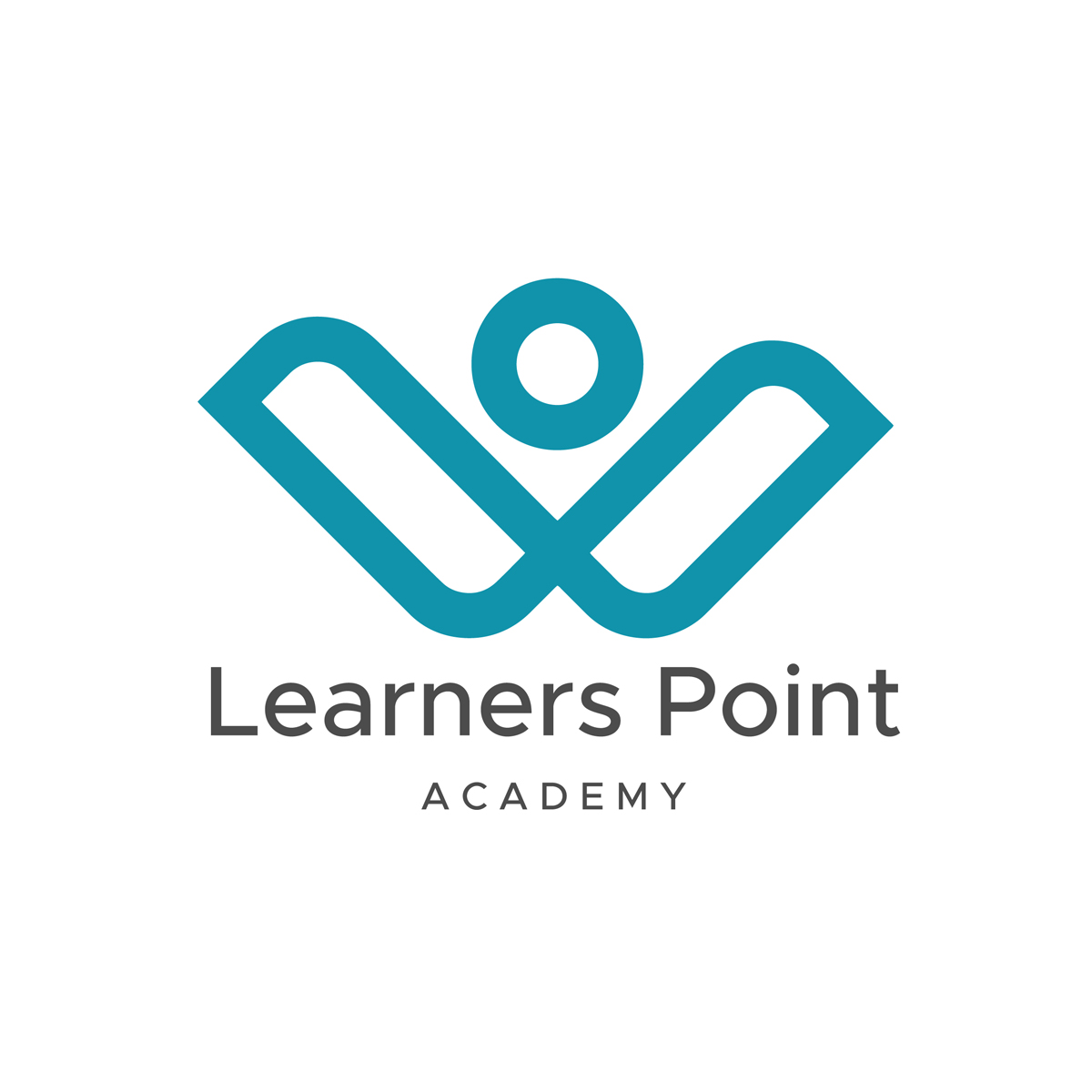Students in this course are interested in designing and implementing DevOps processes or in passing the Microsoft Azure DevOps Solutions certification exam.

Prerequisites
Successful learners will have prior knowledge and understanding of:
• Cloud computing concepts, including an understanding of PaaS, SaaS, and IaaS implementations.
• Both Azure administration and Azure development with proven expertise in at least one of these areas.
• Version control, Agile software development, and core software development principles. It would be helpful to have experience in an organization that delivers software.
What you’ll learn in this course
Students in this course are interested in designing and implementing DevOps processes or in passing the Microsoft Azure DevOps Solutions certification exam.
Course Outline
• Introduction to DevOps
• Choose the right project
• Describe team structures
• Choose the DevOps tools
• Plan Agile with GitHub Projects and Azure Boards
• Introduction to source control
• Describe types of source control systems
• Work with Azure Repos and GitHub
• Structure your Git Repo
• Manage Git branches and workflows
• Collaborate with pull requests in Azure Repos
• Identify technical debt
• Explore Git hooks
• Plan foster inner source
• Manage Git repositories
• Explore Azure Pipelines
• Manage Azure Pipeline agents and pools
• Describe pipelines and concurrency
• Explore continuous integration
• Implement a pipeline strategy
• Integrate with Azure Pipelines
• Introduction to GitHub Actions
• Learn continuous integration with GitHub Actions
• Design a container build strategy
• Introduction to continuous delivery
• Create a release pipeline
• Explore release recommendations
• Provision and test environments
• Manage and modularize tasks and templates
• Automate inspection of health
• Introduction to deployment patterns
• Implement blue-green deployment and feature toggles
• Implement canary releases and dark launching
• Implement A/B testing and progressive exposure deployment
• Integrate with identity management systems
• Manage application configuration data
• Explore infrastructure as code and configuration management
• Create Azure resources using Azure Resource Manager templates
• Create Azure resources by using Azure CLI
• Explore Azure Automation with DevOps
• Implement Desired State Configuration (DSC)
• Implement Bicep
• Introduction to Secure DevOps
• Implement open-source software
• Software Composition Analysis
• Static analyzers
• OWASP and Dynamic Analyzers
• Security Monitoring and Governance
• Explore package dependencies
• Understand package management
• Migrate consolidating and secure artifacts
• Implement a versioning strategy
• Introduction to GitHub Packages
• Implement tools to track usage and flow
• Develop monitor and status dashboards
• Share knowledge within teams
• Design processes to automate application analytics
• Manage alerts, blameless retrospectives and a just culture
Who are We?
We can help your company gain and develop all the technology skills it needs to rise to high-end challenges. After all, technology is the tool and only those who master it can capitalize on its benefits. Our customers and partners rely on us, and for very good reasons.
(Institute Review)
55 years ago(Institute Review)
55 years ago
AWS Certified Solutions Architect- The AWS Qualified Solutions Engineer Associate (SAA-C02) examination is planned for individuals carrying out a remedies architect function.


AWS Solutions Architect Professional - (SAP-C01) assessment is intended for people that execute an options architect expert role. This test confirms sophisticated technological abilities and experience making distributed applications and systems on the AWS platform.


Amazon Web Services or AWS is the world’s most popular cloud computing and API platform. It provides secure and robust applications that cover the entire lifecycle of a product. It is fast, reliable, secure, inexpensive, scalable, accessible

The AWS Cloud Practitioner Essentials course is an introductory training program that offers an overview of the AWS cloud and its parts and services.

This DevOps training imparts knowledge on Continuous Integration (CI) and Continuous Delivery (CD) pipelines to distribute applications to various environments, such as testing, staging, and production.
© 2025 www.coursetakers.ae All Rights Reserved. Terms and Conditions of use | Privacy Policy